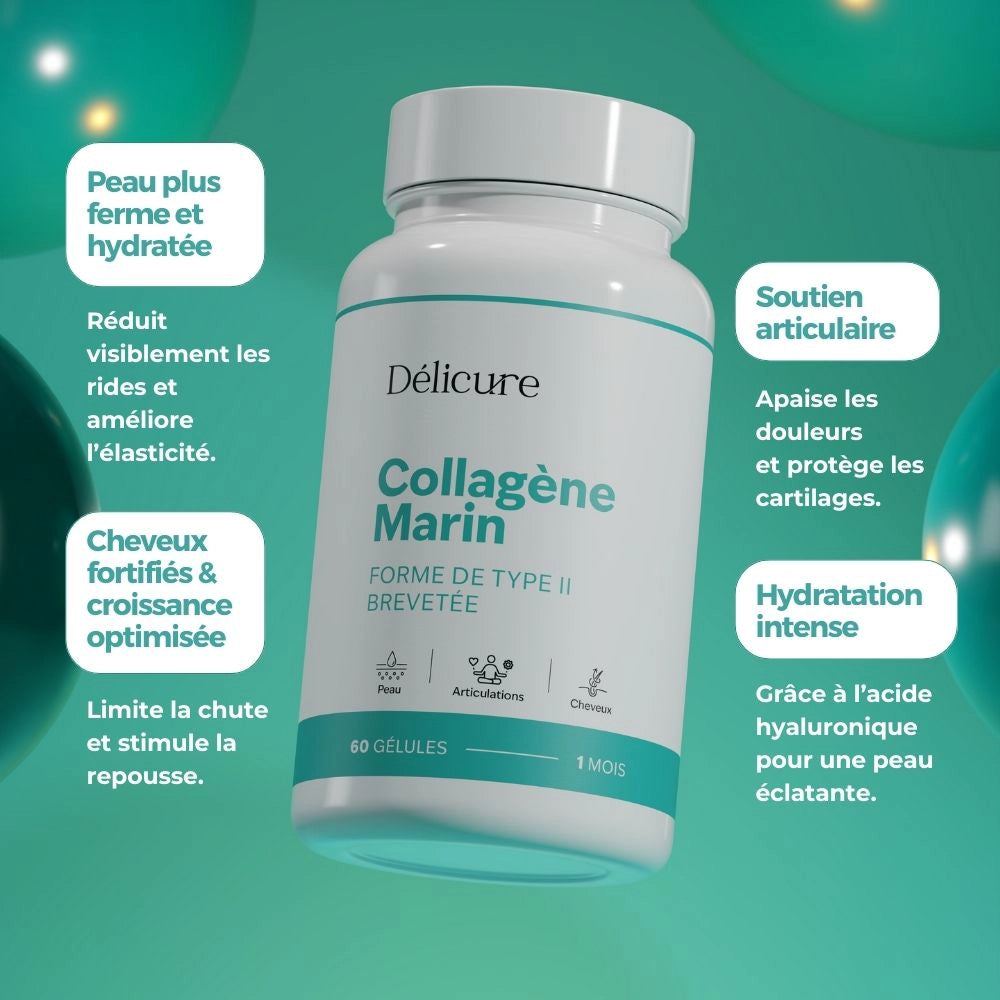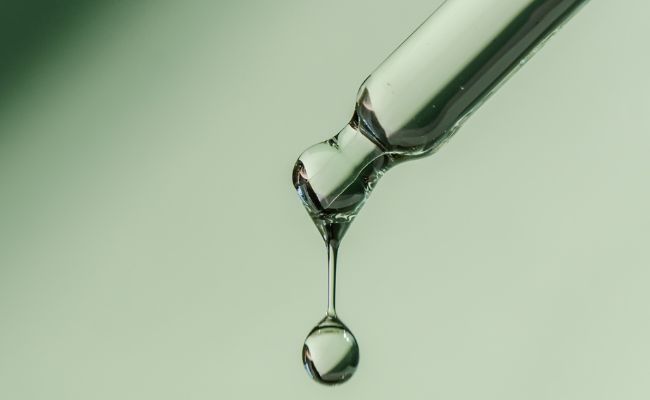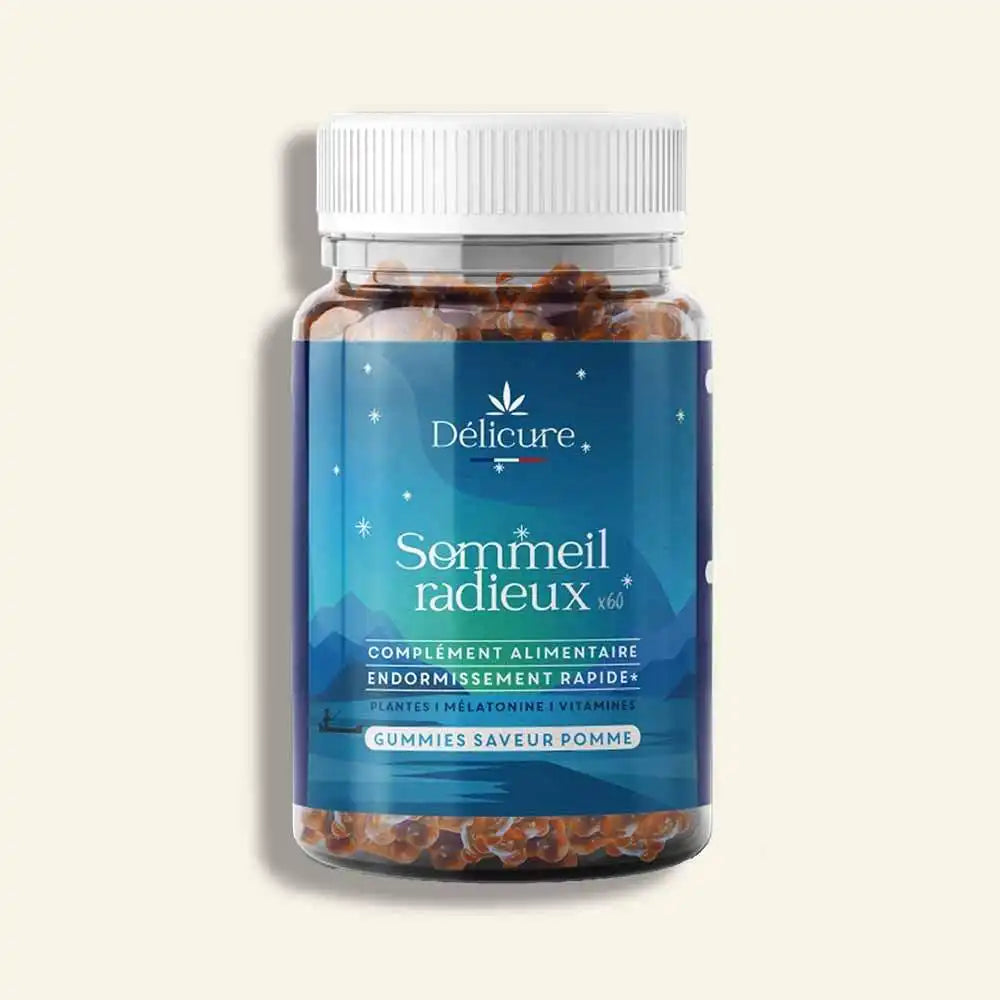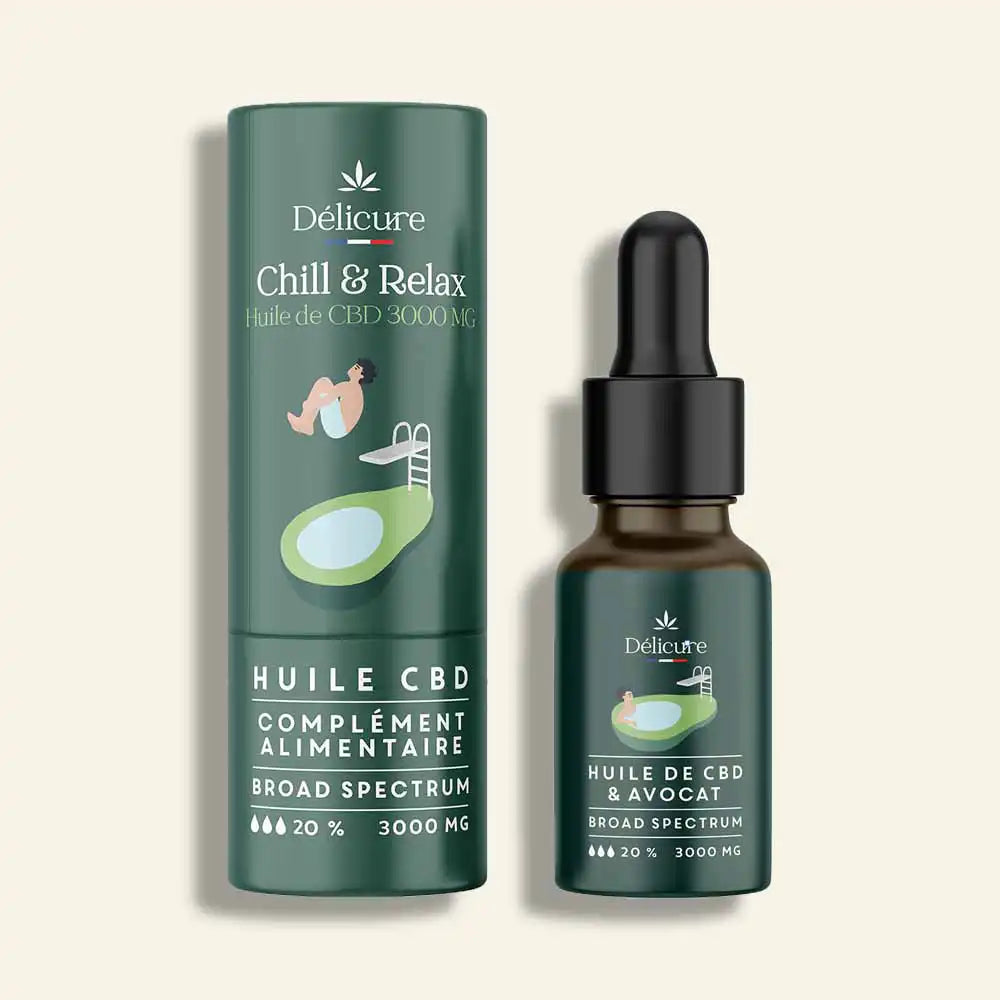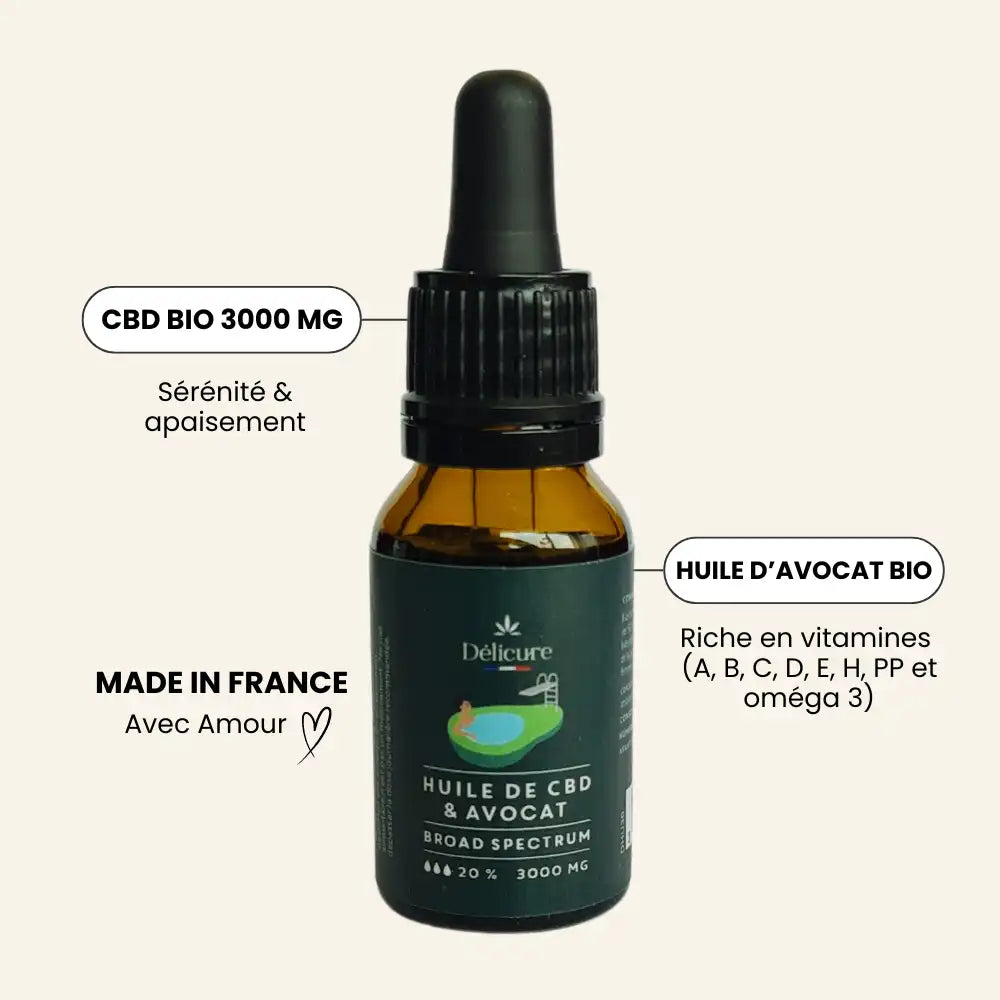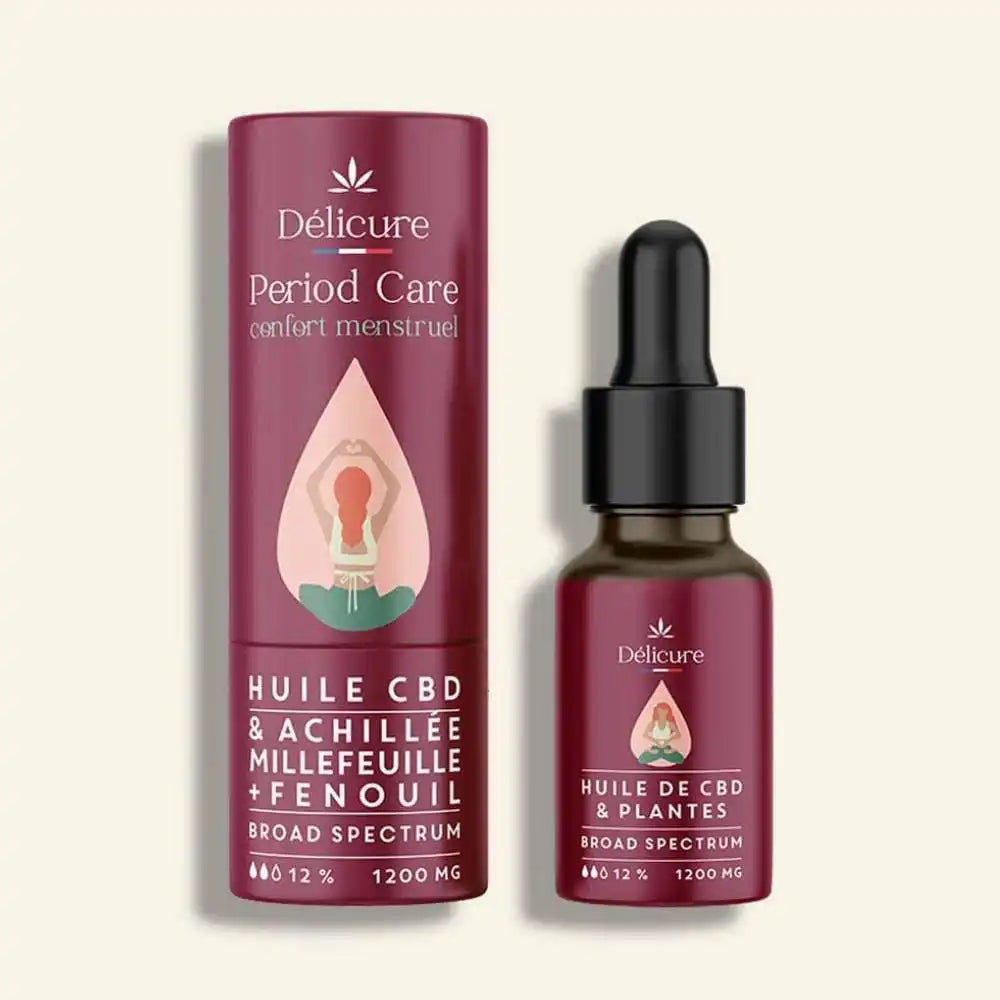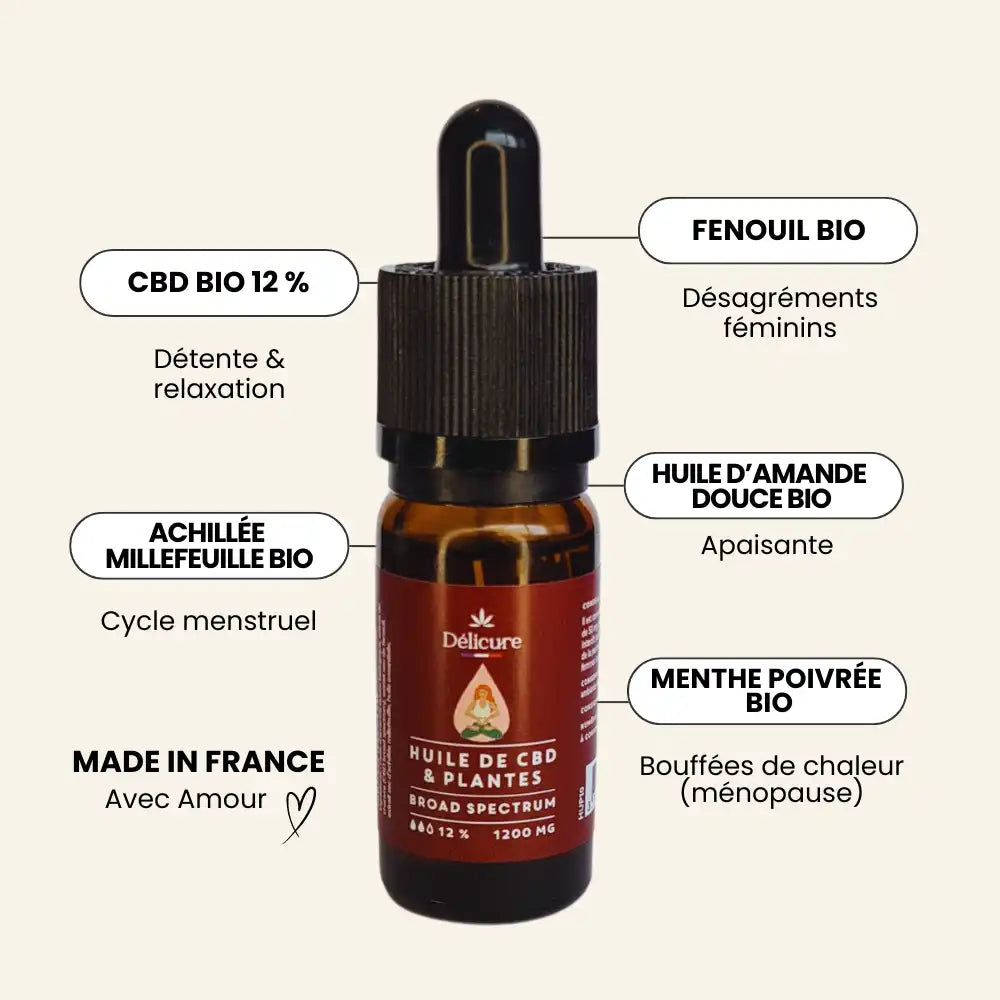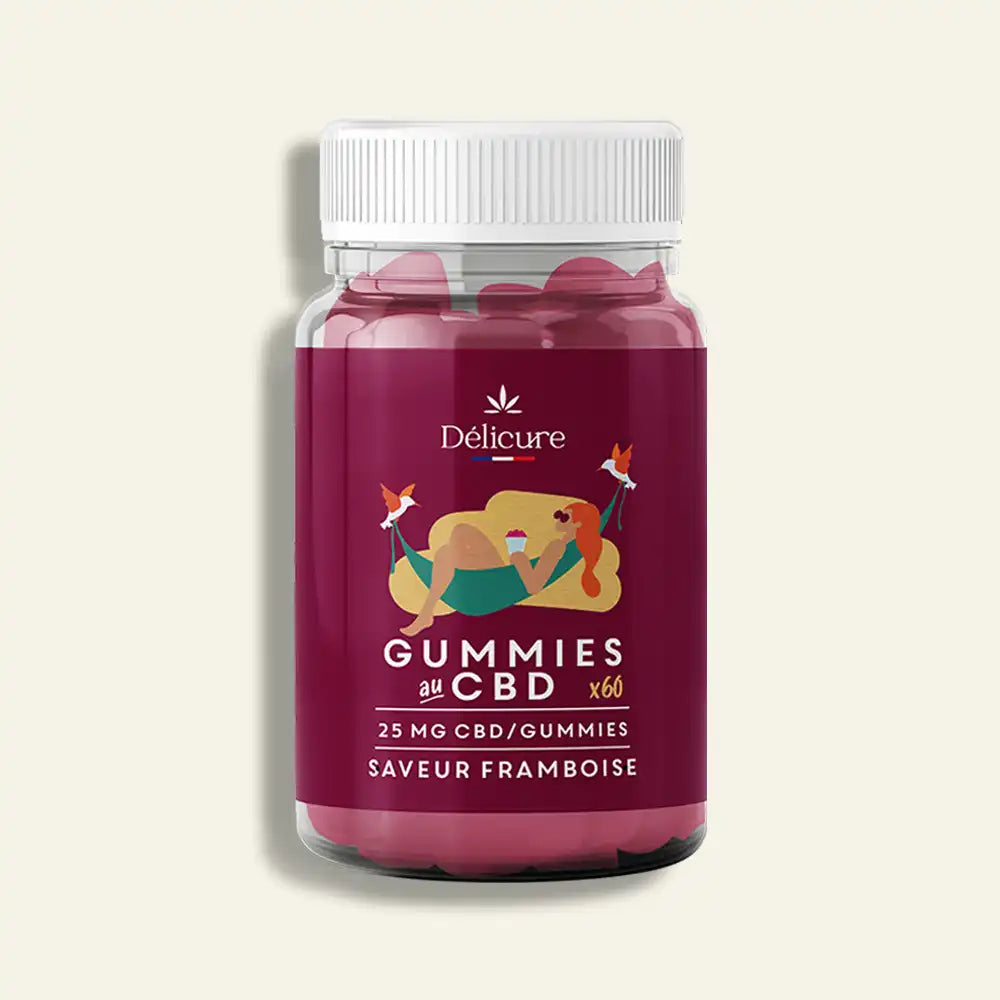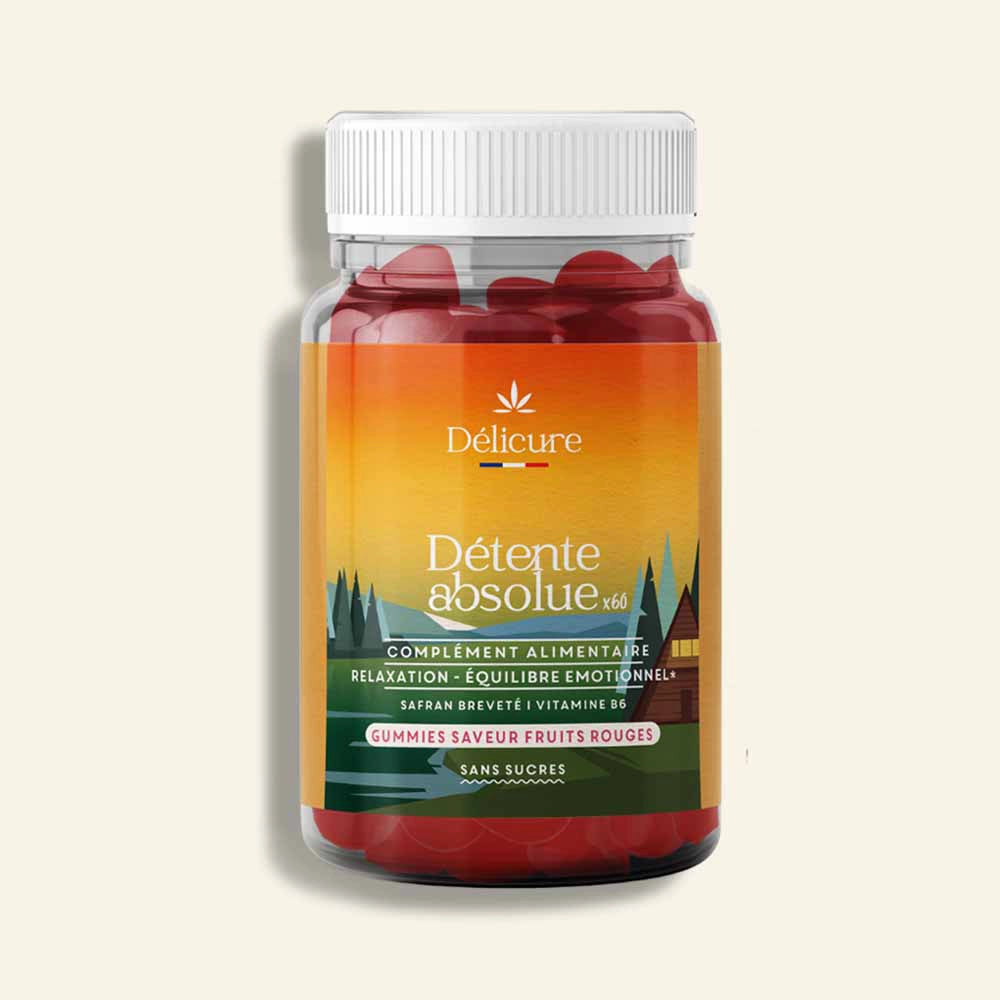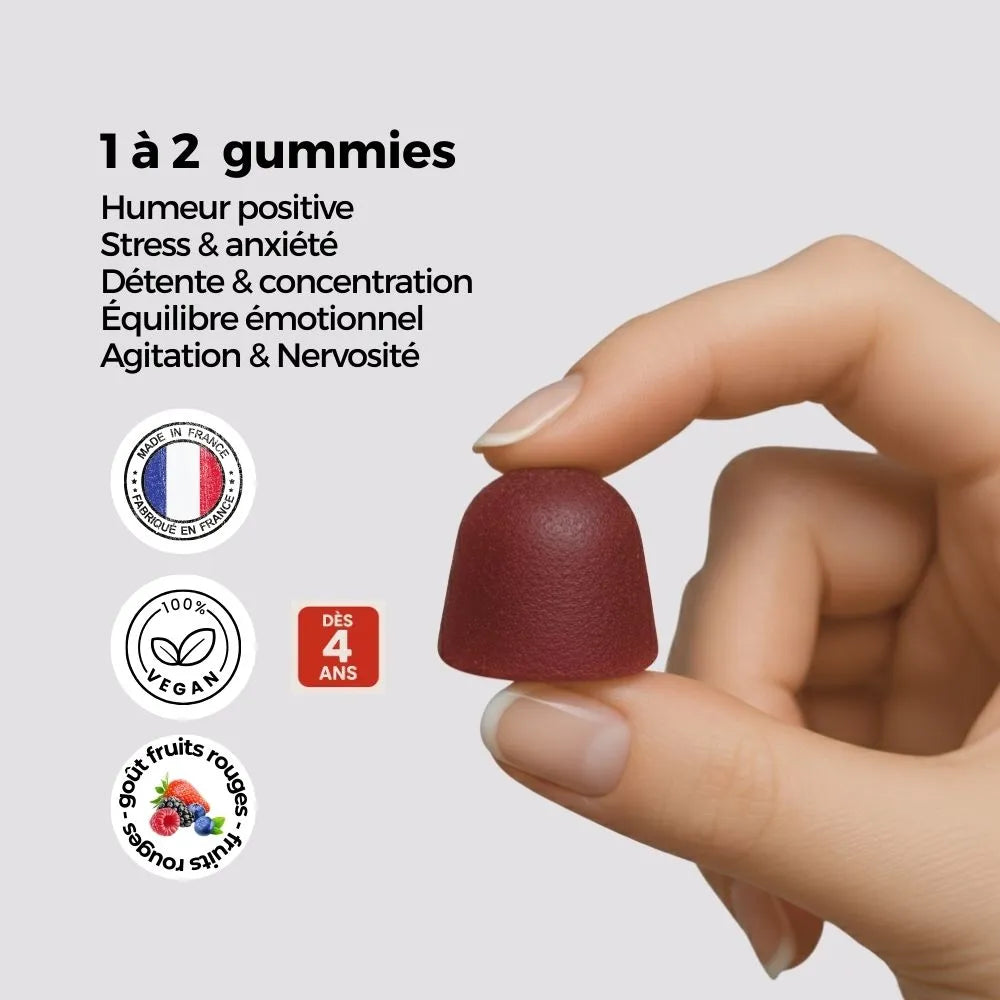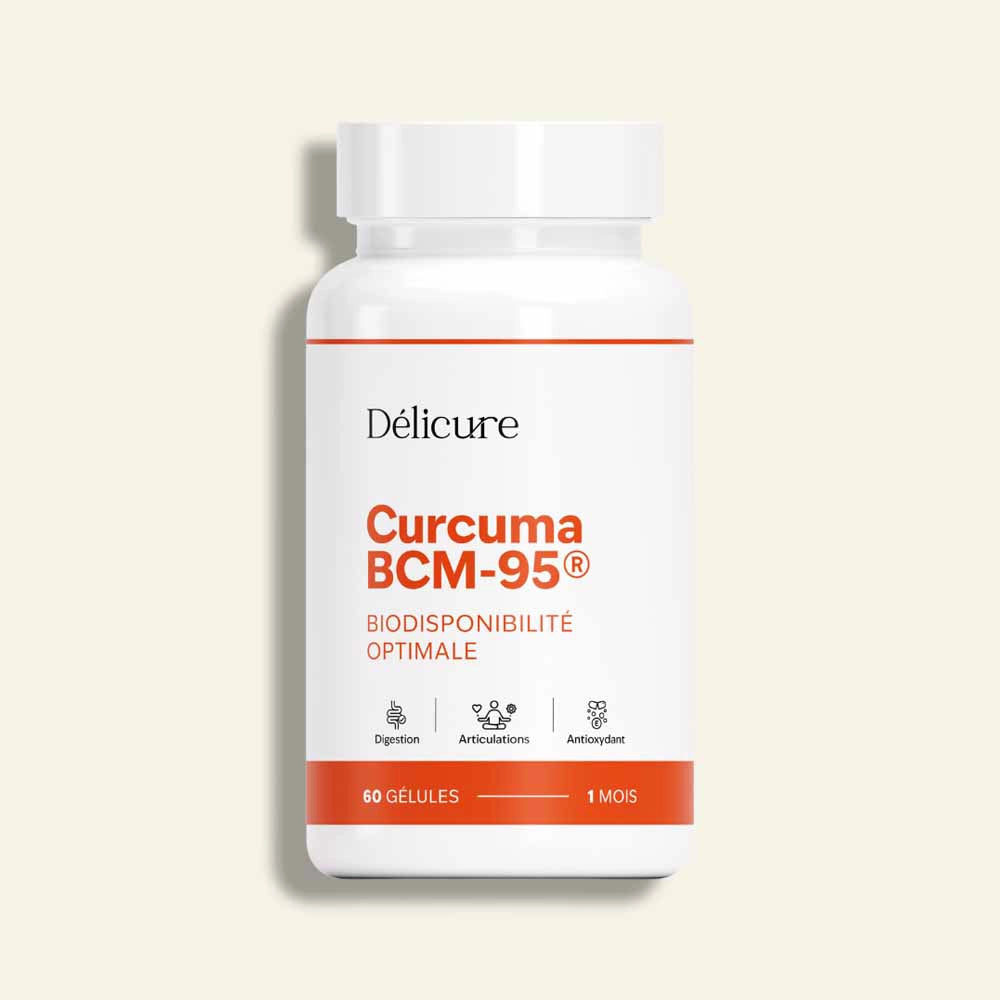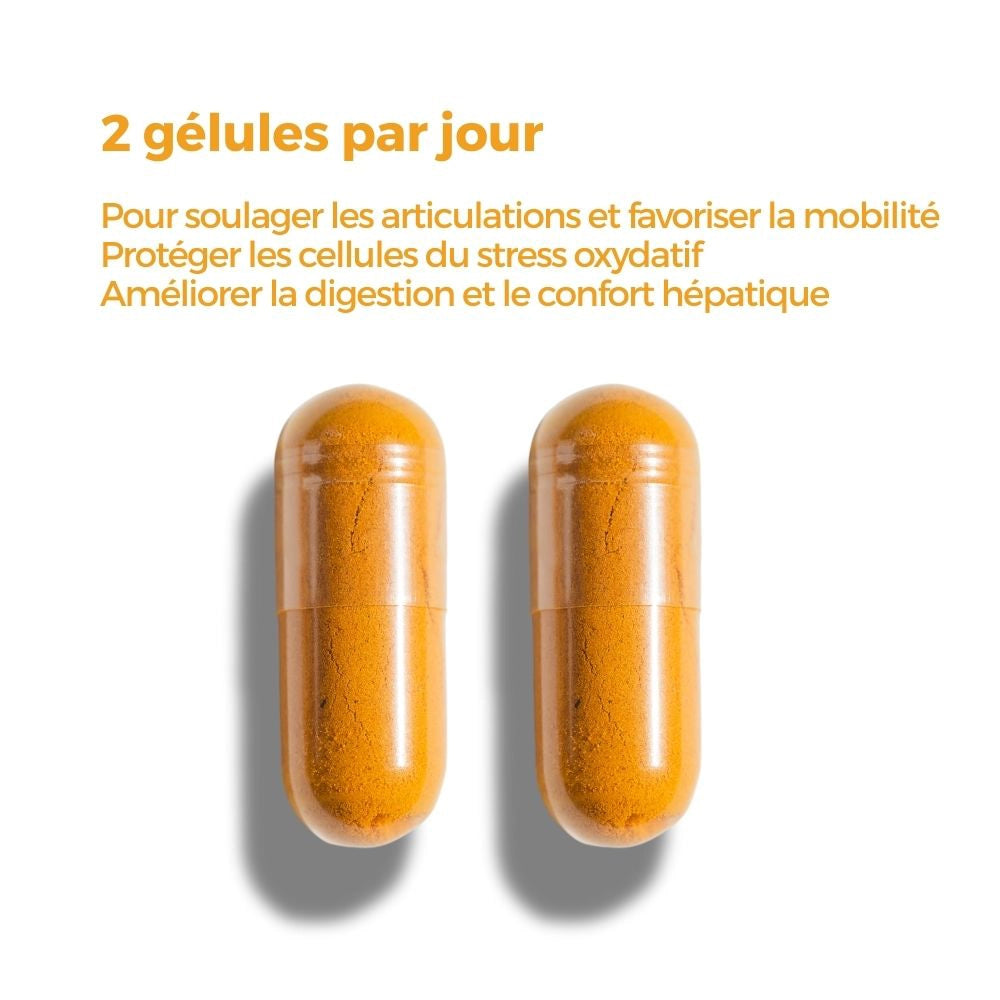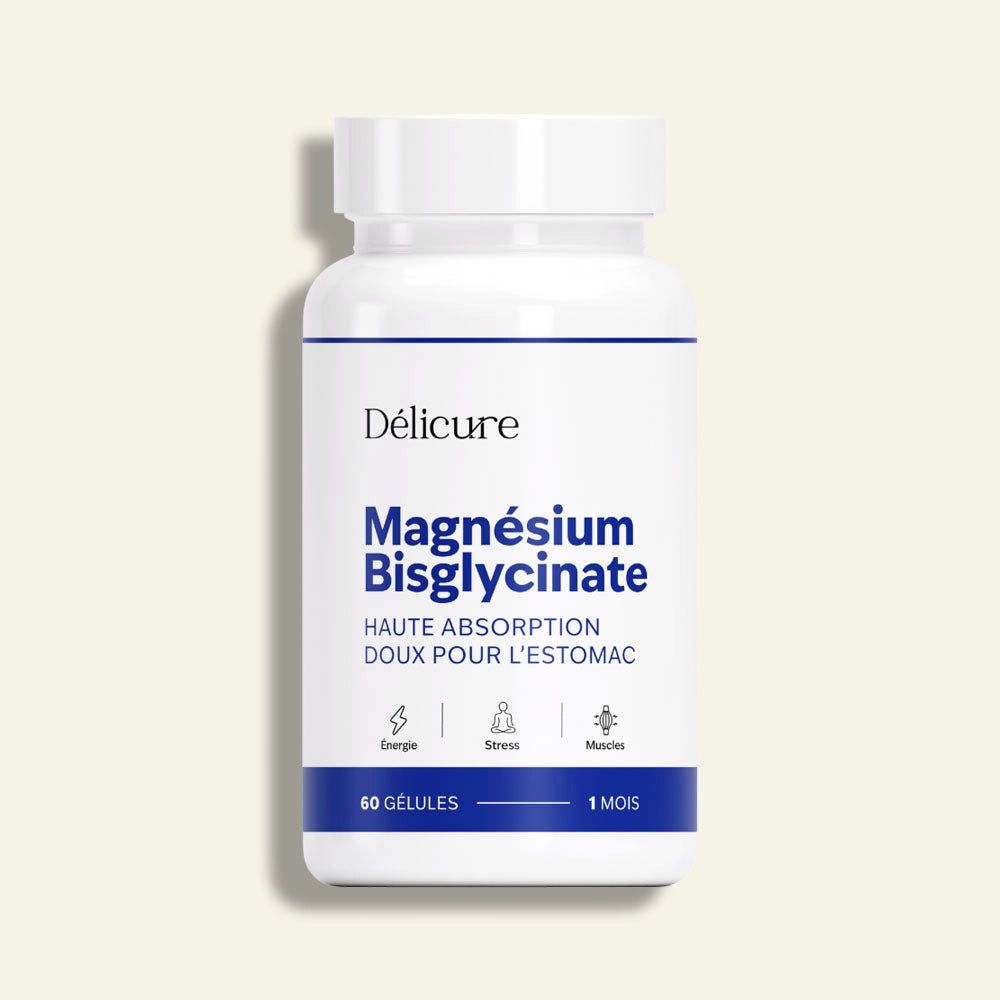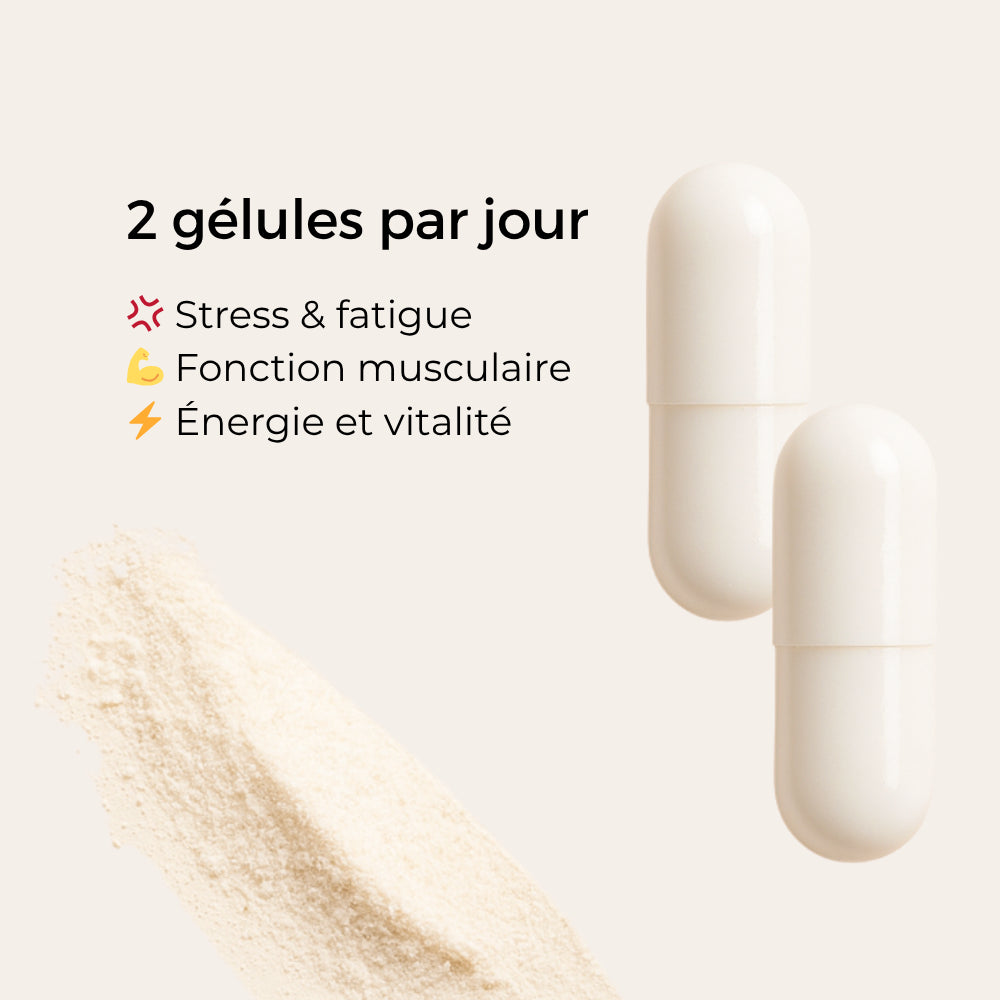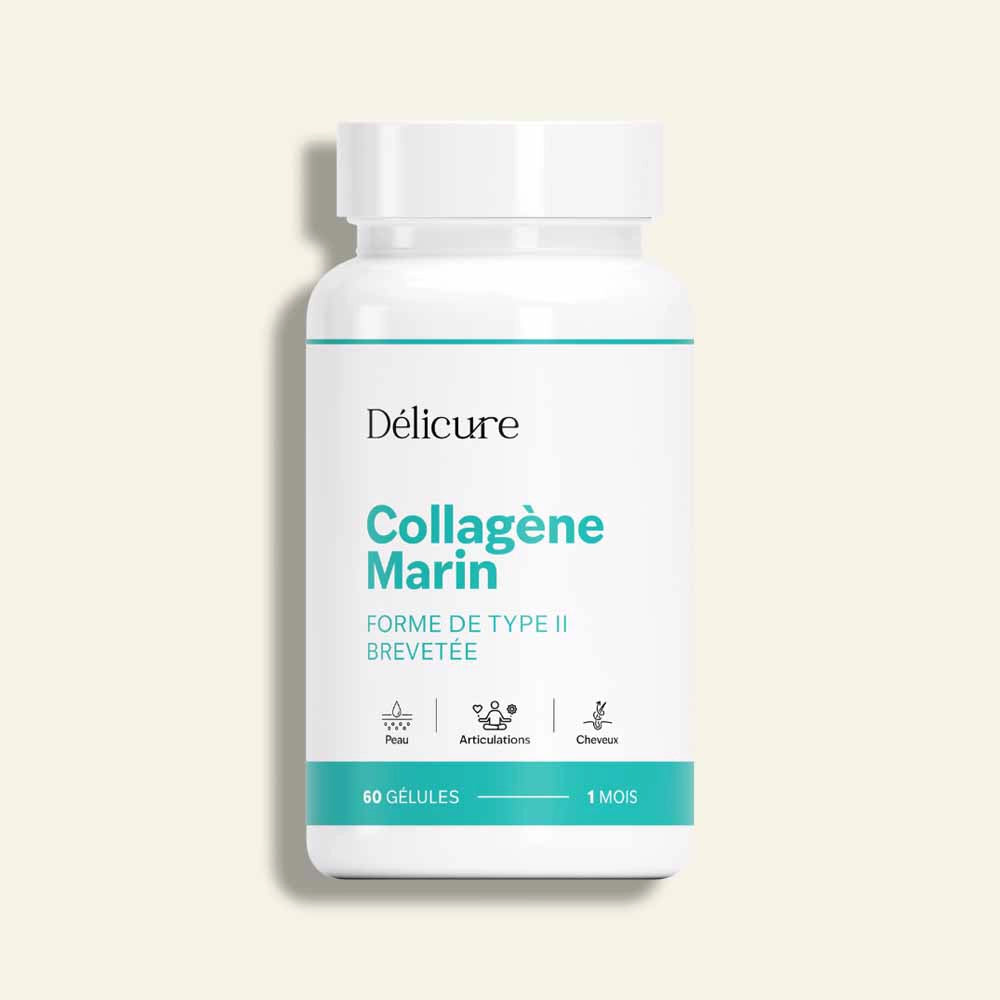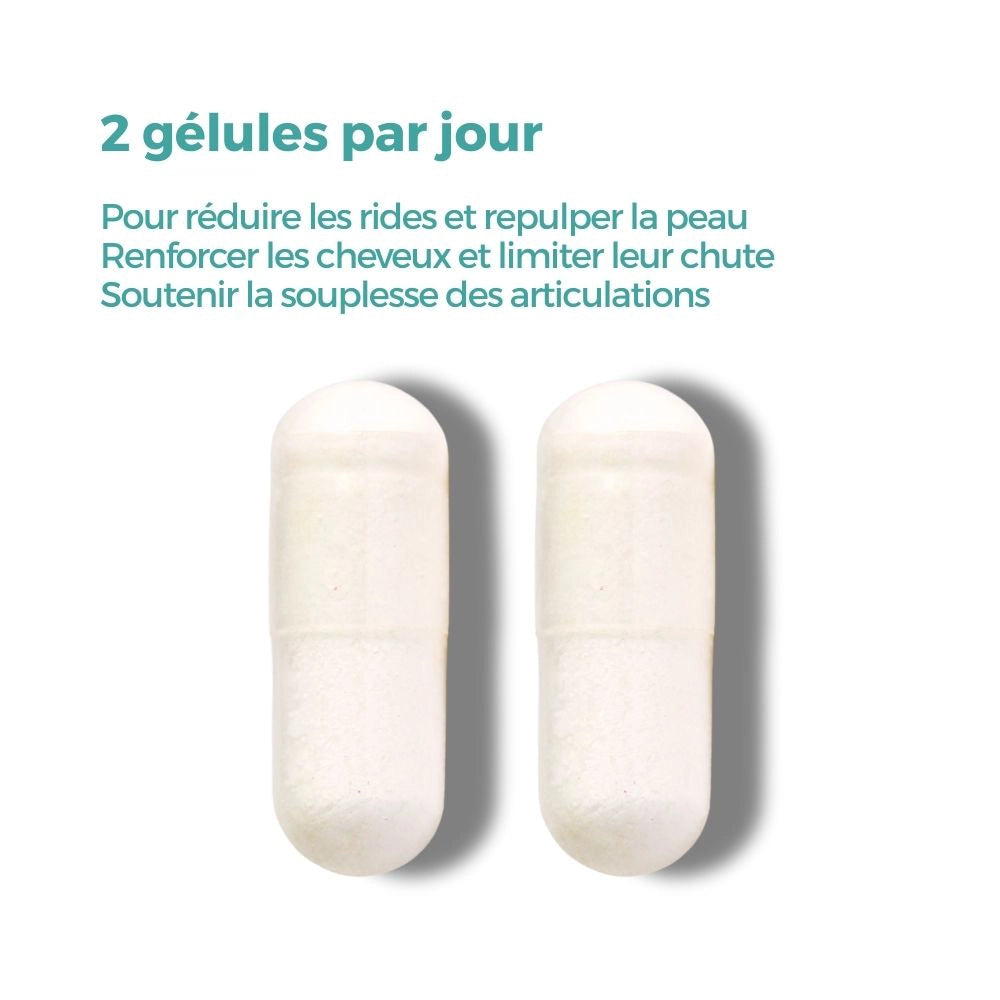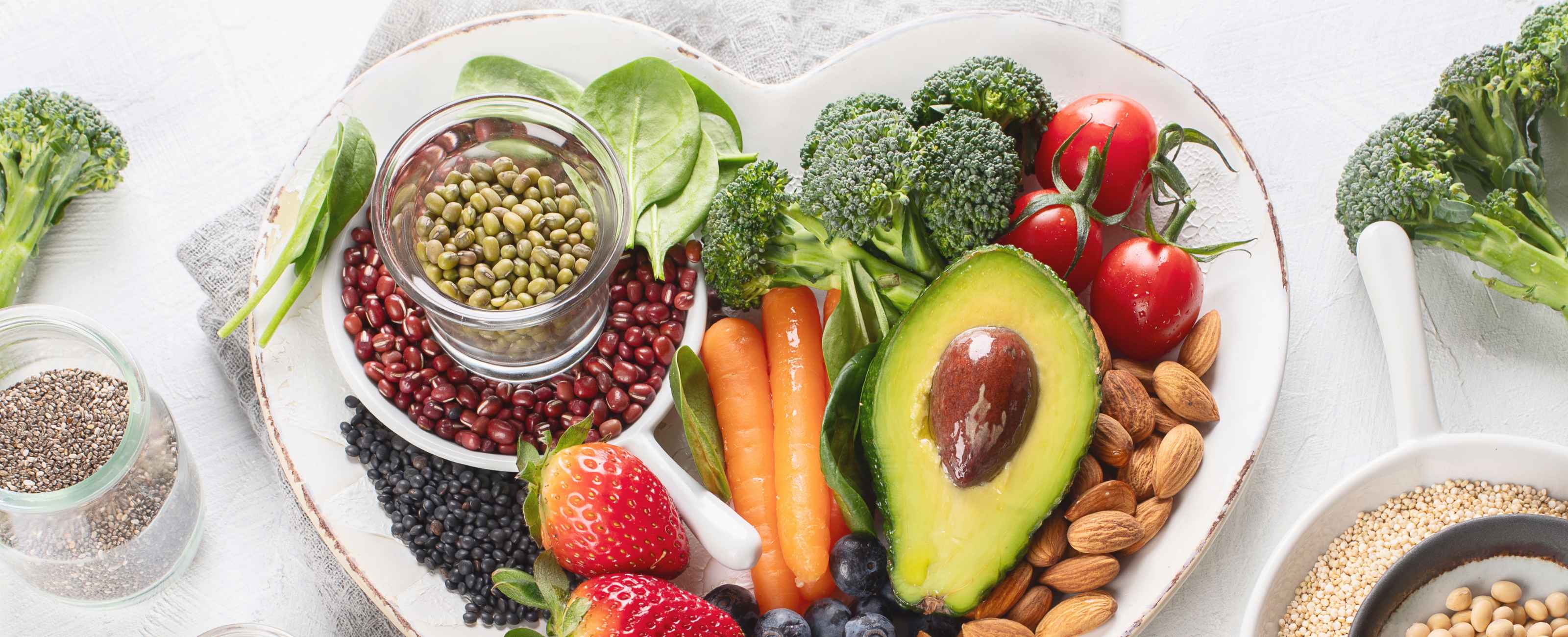
Adopt a “vegan” diet without deficiencies
Whatever the diet adopted (flexitarian, vegetarian, vegan, etc.), the diet must be varied and balanced to stay healthy.
In fact, the risk of suffering from deficiencies is not systematically higher on a vegan diet than on another diet. For example, an individual who rarely eats fruits and vegetables is just as likely to have deficiencies if he only eats meat and starchy foods.
The vegan diet
Just like vegetarianism , the vegan diet consists of eliminating all foods of animal origin (meat, fish, seafood, dairy products, eggs, honey, etc.).
Alongside this type of diet, the vegan consumer also adopts a lifestyle that excludes all products originating from animal exploitation (clothing, shoes, leather goods, cosmetic products, etc.).
The main reasons for adopting this diet are to respect the welfare of animals, improve and protect their health, or to help preserve the environment.

Avoiding the deficiencies of a “vegan” diet
A vegan's diet is very different from a traditional diet. All the nutrients the body needs to carry out its vital functions must be found in other alternative food sources.
The vegan diet therefore requires time to adapt to avoid the risk of deficiencies.
To avoid any deficiencies in a vegan consumer, here are some tips:
Promote sources of iron, zinc, selenium, iodine, calcium and vitamin D
Without consuming meat, seafood or dairy products, it is necessary to favor certain foods to ensure sufficient intake of iron, zinc, selenium, calcium, iodine and vitamin D.
Iron is a trace element that promotes the oxygenation of blood, cells and muscles. It is therefore essential for the proper functioning of the immune system. It is found in fresh fruits, certain vegetables (lentils, spinach, peas, etc.), dried oilseed fruits, whole grains and even quinoa.
Zinc is also a trace element that helps stimulate the immune system, protect against cellular aging, as well as maintain the quality of the skin, nails and hair. Whole grains, nuts and seeds are good sources of zinc.
Iodine is necessary for the production of thyroid hormones, which themselves help regulate cellular metabolism. It can be found in certain mineral waters and algae (Laminaria spp, Saccharina spp, Gracilaria verrucous, etc.).
As for selenium, it protects cells against oxidative stress and plays a beneficial role in the immune system. This trace element is present in dried fruits and oilseeds (Brazil nuts, almonds, sesame seeds, etc.).
Calcium is a mineral that contributes to the formation and strength of bones and teeth. Good sources of calcium are tofu, spinach, almonds, beans, certain fresh fruits (kiwis, oranges, clementines, etc.) or even so-called calcium waters.
Finally, vitamin D helps fix calcium in the bones, and contributes to the good mineralization of the skeleton, joints and teeth. Certain mushrooms (porcini mushrooms, chanterelles, morels, etc.), sea algae and dark chocolate with a minimum of 70% contain it.

Eat plant-based proteins
Proteins are essential because they participate in the renewal of muscle tissue, skin appendages (hair, nails , body hair), skin and bone structure.
Proteins can be found in several plants such as legumes or whole grains. However, they are less well assimilated by the body than proteins from foods of animal origin.
The ideal is to combine each type of plant well in order to provide the body with all the nutrients. You can combine rice with lentils, or wholemeal pasta with soy (in the form of steak for example).
Favor vegetable oils and oilseeds
Mainly present in fish, omega-3 fatty acids are essential to ensure the proper functioning of the retina, brain and nervous system.
The vegan consumer must therefore rely on vegetable oils such as rapeseed, linseed or even walnut oil.
In addition, in order to meet the recommended daily intake, it is advisable to incorporate certain oilseeds such as chia, sesame or sunflower seeds into your meals.
Supplement with food supplements
To help achieve the recommended daily intake, taking food supplements is a solution to prevent deficiencies. They are effective provided they are taken as part of a healthy lifestyle and a varied and balanced diet.
All the nutrients, vitamins and minerals of the conventional diet can be found in a vegan diet, with the exception of vitamin B12.
It is necessary for a vegan to supplement with this vitamin because it participates in the normal formation of red blood cells, as well as the functioning of the immune system.
Concerned about the well-being of everyone and the animal cause, Délicure offers food supplements in the form of vegan gummies, natural and manufactured in a French laboratory. Enriched with plants, vitamins and minerals, they help fight against the disorders and deficiencies caused by modern lifestyles.
The products are available in several ranges : “Absolute relaxation”, “Radiant sleep”, “Enhanced immunity”, “CBD” and “Radiant hair”.


